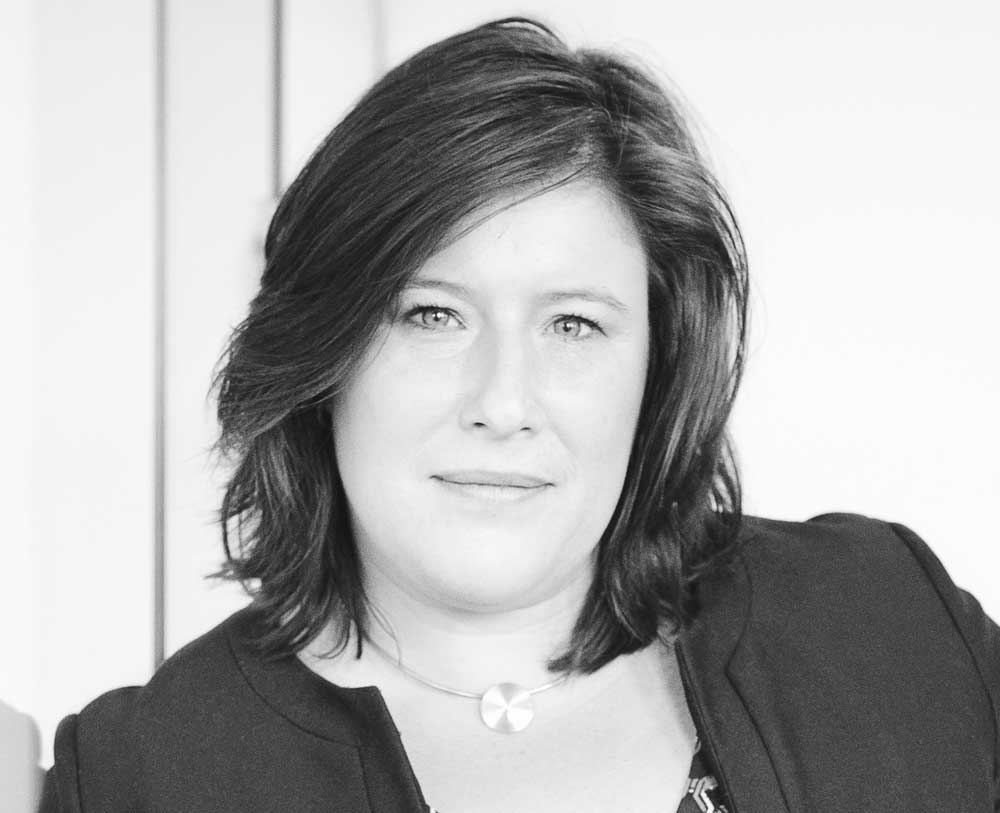
First things first, what are unconscious biases and why am I talking about it? Unconscious biases are unintentional perceptions and stereotypes people hold against other people outside their own conscious awareness. These stereotypes have a strong influence on someone’s behaviour and decision making. Especially in the hiring process, this can lead in a set-back of building a diverse and inclusive workplace.
Let’s take a minute and think about your workplace and hiring process. How diverse and unbiased is it really? Consider gender, age, nationality, sexual orientation, only to name a few. Although many of us feel that we have diverse companies, the data tells us otherwise. Did you know that there are more CEOs named John and David than the total of all women who are currently running larger companies?
I’m an American female entrepreneur living in the Netherlands, working in the life science industry, and I am also a mother. So perhaps you can imagine that, although I do not feel personally biased against, I do get quite a bit of biased assumptions about me and how I live my life. You would think that in 2019 gender inequality and biases would not be a huge issue in the workplace anymore, yet it still is. But in order to overcome this, we have to deal with the issue right from the start of where you stand today, and how your hiring process may be making the issues even tougher to change than you expect.
The “Mini-Me” Phenomenon
Let’s dive into a concept of unconscious biases a bit more together. There is a phenomenon that is based on the “Affinity Bias” which is called the “Mini-Me Phenomenon”.
Logically, we are more comfortable with things that we recognize and it makes us feel more confident in our decisions. This is why we tend to hire “Mini-Me’s”, looking at characteristics or features that are similar to us or fit certain images in our heads. But the remarkable thing here is that this happens unconsciously and even though we are unaware of this bias, it runs very deep.
Many hiring managers want to recruit more female employees for example, and this is a fact in their conscious mind, but it is the unconscious mind that eventually makes the decision to opt for a male candidate. This happens because we take the experiences and core values taught to us from the past and unconsciously apply that as the ‘truth’ about what the next candidate should look, sound and feel like. The problem with bias in the hiring process is, that it leads us to behaviors that we do not actually do. It happens quite often that we imagine certain types of people for a specific role; doctors are supposed to be males and nurses are supposed to be females. Our conscious mind says that we know that this is not true, but our unconscious looks for past experience to guide us and it reinforces the pre-allocation of gender to a specific role. It is important to break free from these role divisions. We need to be aware of our unconscious biases and not let it interfere with the hiring process.
Why is diversity in a company important?
Employee diversity is no longer just a matter of fulfilling quotas and creating corporate social responsibility campaigns. A diverse workforce is a sign of a healthy and inclusive culture and has been proven to have higher rates of productivity and achieve business goals more effectively. Moreover, diverse teams bring together different skills and perspectives, resulting in fresh ideas and innovative problem-solving. Diversity in the workplace also strengthens the employer brand by attracting a wider talent-pool.
But to me, the main reason why we need to increase diversity within companies is simply because it is more fun! I love working with people that have different views and opinions. I believe that having a diverse workforce will push your company forward in so many different ways.
How can technology help overcome biases?
The era we are living in today allows us to limit unconscious biases with the help of technology. So, why not make use of it?
We can use technology to influence the unconscious bias. It will “trick” the unconscious bias into reviewing people with a more diverse background, which will provide new data to your unconscious bias. What then happens, is that through time the unconscious bias will evolve to be a lot less Mini-Me focused. Examples of technology that can be used to train the unconscious bias are blind CV screening and the use of gender-neutral texts and images online.
Every day, we are barraged with information. The information that is stored in our bias, allows us to automate the information that gets in our head. Bias should not be something that we should eliminate because bias is a good thing. My philosophy about bias is that it gets a bad reputation, but it allows us to have a gut feeling about people and it also saves us from dangerous situations. However, it is important for today’s businesses to start hiring without (unconscious) bias. I strongly believe in the strength of a diverse workforce that includes professionals from different social and cultural backgrounds, and I implement this within my businesses too.
What do you think we can do to stimulate a more diverse workforce?
By Kieran Canisius
 About the author
About the author
Kieran Canisius, CEO and Co-Founder of a Collective which houses five unique businesses, Seuss Consulting, Seuss Recruitment, GCP Central, iGina and Zocket. She is a vivid entrepreneur and career expert with over sixteen years of industry experience.
Not only is Kieran a great leader, she also has a passion for speaking at conferences on a variety of topics such as diversity, HR Tech, employer branding and entrepreneurship. Kieran has always been committed to help businesses and people grow.